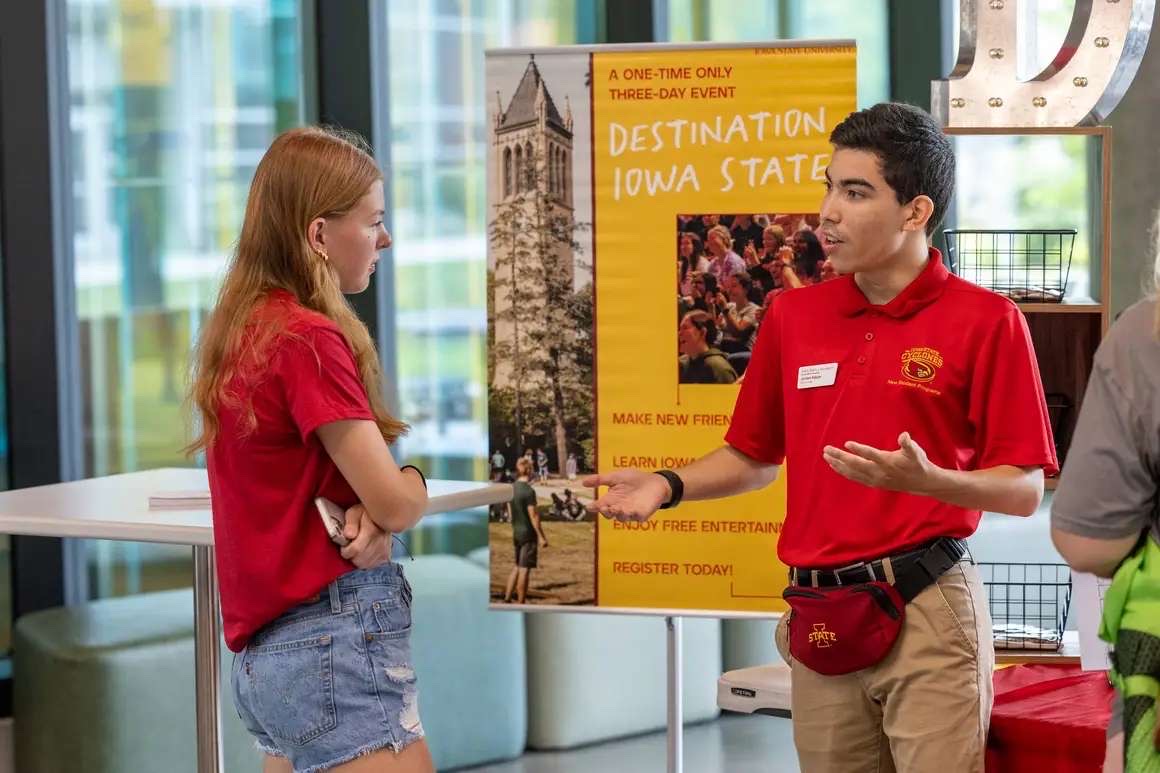Importance of GPA, resume, internships
August 4, 2014
We all have a lot of important documents — a Social Security card, insurance waivers and our birth certificate. One very important document is one that isn’t given to us but rather one we have to make: a resume.
A resume is crucial because it is the gateway to our future employment. It is the first thing that a potential employer will look at and use to separate you from all of the other candidates. A resume should let employers know all the assets we will bring to the position and company.
One of the biggest representations of our education is our GPA. While a GPA is just a number, oftentimes it is a deciding factor of where we sit among all other applicants for a position. Pamela Anthony, dean of students, said that employers can make assumptions about you based on your GPA. GPA isn’t the only factor employers look at, but it defines us as a daisy or a weed in the field of applicants. Make sure you are a daisy.
Taren Crow, director of Career Services for the College of Liberal Arts and Sciences, said, “My advice would be to keep your GPA as high as possible, as not to automatically rule yourself out of any candidate pool, but also to make sure you have other strong experiences and skills to fill out your resume.”
Every employer has different GPA requirements. However, to some extent, there is common ground on what an acceptable GPA is. Shanna York, human resources professional at Kingland Systems, said a picture-perfect candidate would have a GPA of 3.5 or higher.
“We look anywhere from 2.75 or above,” York said. “I would say 3.0 is typically the cutoff for most employers, but because we’re a small employer as far as our overall organizational size, we have more flexibility in GPA requirements.”
Beyond GPA, job applicants’ assets should include involvements and activities. Being involved helps students grow personally, professionally and educationally. These activities allow students to become well-rounded individuals. Experience, in addition to coursework, helps students have a better understanding of the field that they hope to enter. Clubs and organizations are a great way to meet new people and build networks. Being involved should also be about doing what we enjoy and challenging ourselves.
“I always use the rule of three when I’m talking to students and they are trying to figure out that balance of ‘How many things should I be involved with?'” York said. “Something that is relatable to your major, something that you enjoy to do … And I like to see students try something new.”
Work experience and internships are other key factors that affect future employment. Work experience, related or unrelated to the profession one is pursuing, shows commitment, time management and work ethic. Internships or co-ops, on the other hand, are a great way for students to explore the career that they wish to enter and apply what they have learned in the classroom.
“Internships have so many great benefits,” Crow said. “They can help a student solidify a career path, gain relevant, real-world work experience and they’re a great opportunity for networking. A number of internships even lead to full-time jobs.”
Anthony also said that internships help students learn about workplace conflict. Internships teach you how to solve problems that come up and work with people that are different from you. “Theory is necessary, but it has to be balanced with practice,” Anthony said.
Resumes should highlight all of these assets. Take time when preparing a resume to ensure its quality and precision. York and Anthony both said resumes show how detail-oriented an applicant is. Contact Iowa State Career Services for help on creating, reviewing and revising resumes. Also, be sure to research requirements or qualifications an employer looks for before you apply to them.
Above all else, make sure you stand out — be involved, meet new people, find internships and learn about yourself.






